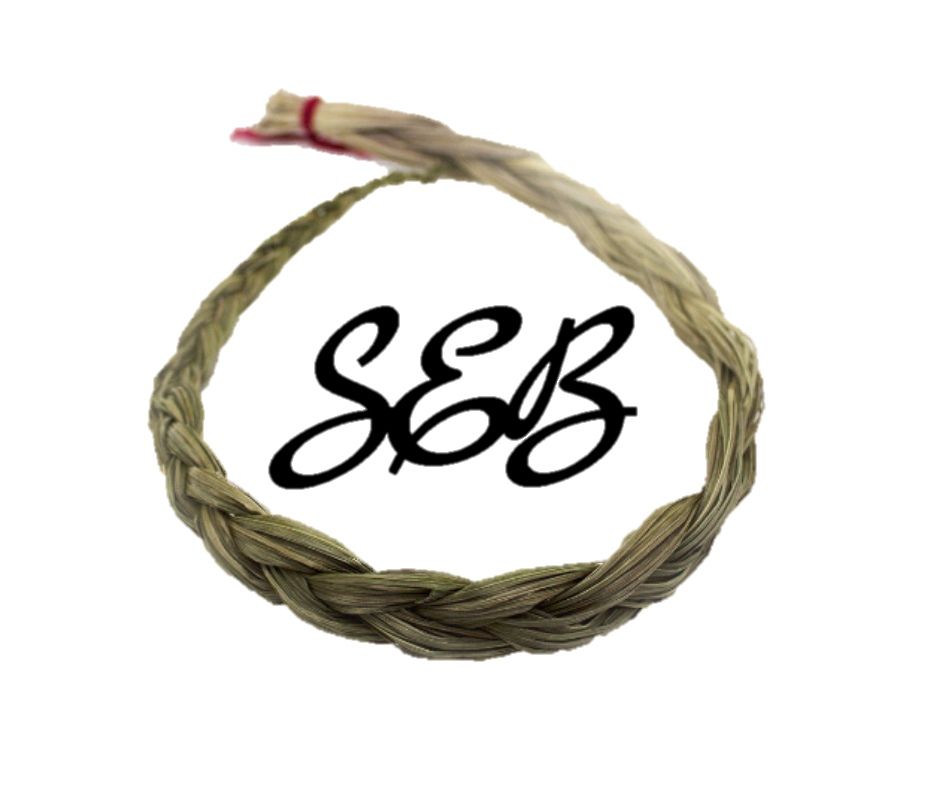Bringing Your New Puppy Home (12 weeks – 6 months)
- SEB - Admin

- Aug 20, 2019
- 2 min read
Updated: Aug 23, 2019
Sweetgrass English Bulldogs has put together some awesome guides for English Bulldog puppy care. Not only will it help you give your puppy the best start in life, it will help to avoid future problems as your baby grows and develops.
These guides are broken up by age range: First, what to do when your puppy us a newborn through 8 weeks old (yes, you should be preparing for your puppy’s arrival before they come home!). Next, what to do when your baby is ready for pickup! This happens around 8-12 weeks. After that, we provide training tips on what to do when your puppy is around 12 weeks – 6 months old (SEB calls this age range the “fun time”, because your puppy’s personality is starting to show!). Finally, we provide some things you can build on once your puppy is 6 months old and beyond.
We’ve touched on what to do Before Bringing Your Puppy Home, and what to do when you bring home your new baby (8-12 weeks), now let’s discuss how important training & socialization is when your puppy is 12 weeks – 6 months old.
TRAINING & SOCIALIZING YOUR NEW PUPPY
PUPPY AGE: 12 weeks - 6 months
By now, your new English Bulldog puppy should be familiar with their new surroundings and you should notice personality traits starting to shine through! But don't get complacent - you need to continue to train and socialize your new puppy so these newly trained habits "stick" with them for life:
1. You can bring your new puppy outside to socialize at dog parks & other meet and greets once your puppy is fully vaccinated. Be sure to bring medical records on any outings in case of an emergency.
2. Many places offer "puppy training" classes - these classes are a great way to boost your puppy's confidence, learn basic training, and socialize with other dogs within the same age range.
3. Pay attention to your puppy's favorite toys and treats they tend to prefer more than others. They are starting to develop the likes and dislikes that will stay with them as they grow. Use their favorite treats & toys to motivate them during training.

4. If your puppy is crate trained, allow them to use their crate as a "safe-haven" to get away from daily distractions. Keep the door open when not in use, and always keep fresh water available.
5. All this growing, learning, and training can be exhausting for a new puppy. Keep your training sessions fun and short, and always end each session with lots of praise (and treats, of course!).





Comments